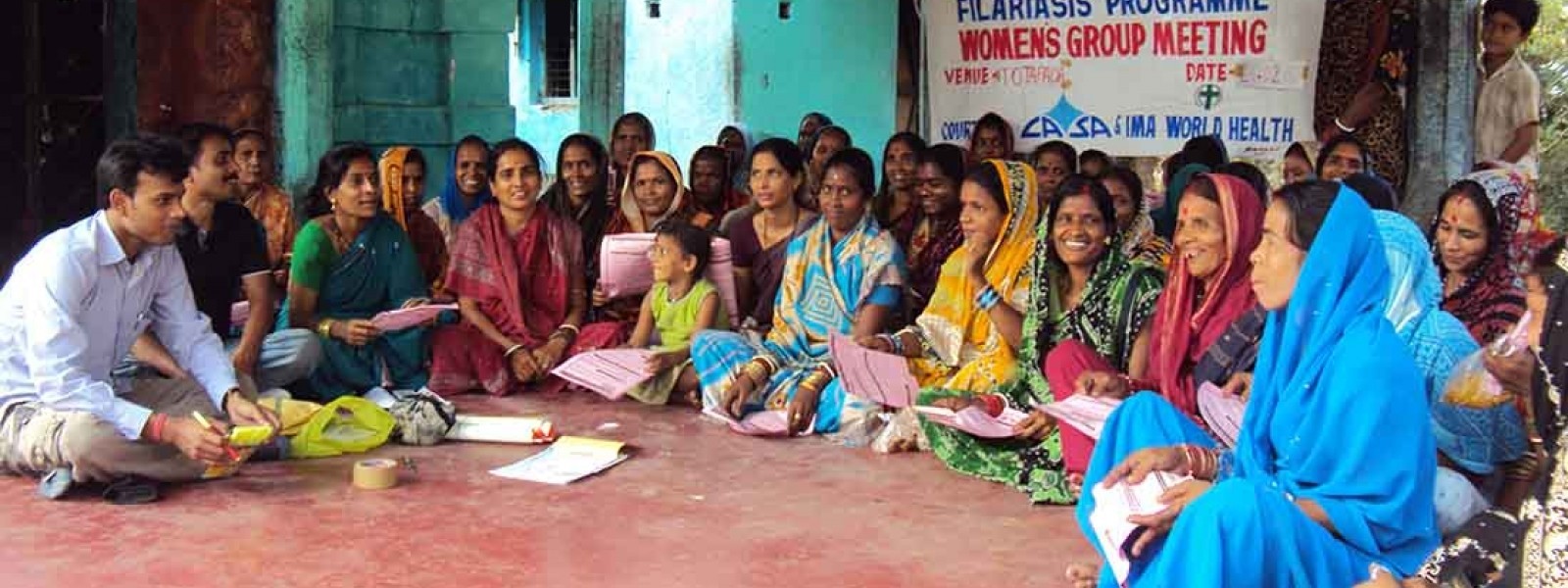IMA maintains a partnership with CDC through a global cooperative agreement. In fiscal year 2016, IMA and CDC worked closely in Haiti and India.
In Haiti, CDC provides technical support and capacity strengthening in the areas of new diagnostics (e.g. the introduction of filariasis test strips for transmission assessment surveys, known as TAS) and managing and analyzing TAS data using an online data platform. IMA and CDC have also worked with the Haiti Neglected Tropical Disease Control Program and other implementing partners to develop the 2016-2020 national strategic plan for morbidity management and disability prevention, or MMDP. The plan was submitted to Haiti’s National LF/Malaria Coordinator and presented at the bi-annual NTD partners meeting in January 2016. The plan is an important component of Haiti’s national LF program and meeting the World Health Organization’s LF elimination dossier requirements; it will also be a valuable advocacy tool for the national program.
IMA also worked with the CDC and HNTDCP to revise mass drug administration tools and registers for its 2016 MDA in order to integrate indicators on lymphedema and hydrocele, including the age and sex of MDA participants reporting either condition. This enabled the HNTDCP to assess MMDP burden in the 18 communes where IMA carried out MDA from March-May 2016, providing the first disaggregated data on the number of LF patients in these communes to inform program planning and services for patients with LF.
India is home to 17.5 percent of the world’s population, and a large portion of the population is at risk of LF. For the past three years, through our partnership with the CDC, IMA provided a subgrant to Church’s Auxiliary for Social Action to expand ongoing work in lymphatic filariasis and lymphedema management in the Ganjam district of Odisha State. In fiscal year 2016, the project trained local task force members, family members and health activists in the principles and practice of lymphedema self-care through home-based foot care management. It also assisted in the planning and implementation of government-supported MDA. The program has received full endorsement and accolades from the Ministry of Health and the National Neglected Tropical Diseases Program, which is positioning to carry out the CASA model throughout the country.


